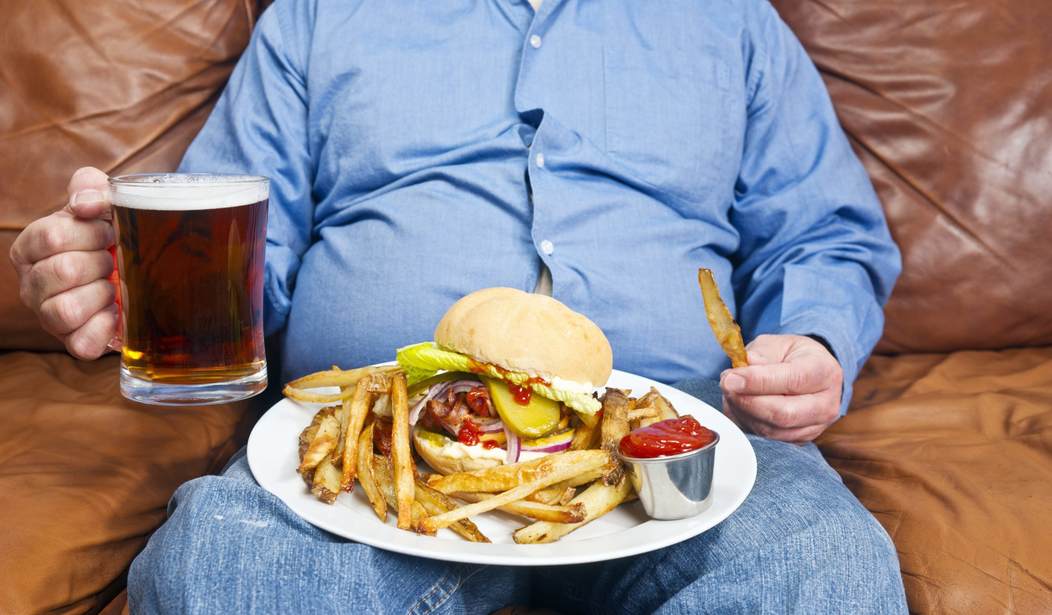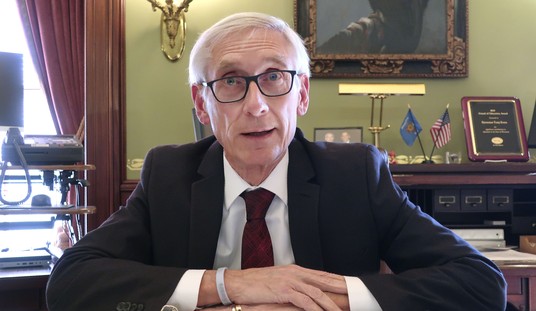Almost six years ago (my God!) I started my 13 Weeks columns with A Fat Nerd Does Diet. All in all it worked pretty well — I dropped 37 pounds and kept my blood sugar down — but frustratingly I couldn’t get my weight down much more than that in more than a year. I eventually stopped writing about it because you can only write a column about “this isn’t working” so many times before you bore everyone and that in particular included myself.
In the ensuing almost six years, a lot happened, as it tends to do in six years: I had a major life crisis which my readers generously helped me out of, I worked myself to collapse and a severe depression episode with panic attacks as icing, I moved (literally from the house I was in to the house next door), and I had eye surgery, replacing my cataracts with bionic lenses.
At the time of the eye surgery, though, the anesthesiologist did my blood sugar — which was in the neighborhood of 330 mg/dL. That was my morning fasting glucose with a 12 hour fast. The anesthesiologist said if I were there for general anesthesia he’d reject me, and it took some convincing to get him to go ahead at all. And I started thinking about my blood sugar and type 2 diabetes again.
Now, I hadn’t been unsuccessful — I was on my metformin and I had gained back only about 11 pounds; on the other hand, I’d had several major life stressors, which do tend to exacerbate blood sugar issues. I also hadn’t been paying as much attention to it — it had been under control, I wasn’t really doing anything much different, just allowing myself some bread and some ice cream sandwiches, but never more than two a day. Well, almost never. And I wasn’t having any more hypoglycemic episodes, which were what had caused me the most trouble before.
But 330 as a morning fasting is a whole ‘nother kettle of French fries. That corresponded to an A1c (a measure of estimated average blood glucose) of more than 12 percent, and sure enough, when tested my A1c was 12.3 percent. (For reference, the desirable normal range goes up to 5.6 percent, and anything over 6.5 percent indicated actual active diabetes.) Not enough to cause diabetic coma — quite — but let’s list some of the other consequences:
- foggy thinking
- headaches
- blurred vision
- neuropathy (pain or numbness) in extremities.
- stomach troubles
- eye damage
- kidney damage (and I’m a bit of an Advil junky, so my kidneys didn’t need any extra)
Followed by dying blind, impotent, and with pieces dropping off from gangrene.
And I was already taking close to the maximum dose of metformin; the next drugs would largely be kinds of insulin. Which, since type 2 diabetes is already characterized by very high insulin levels rather than low or nonexistent levels, isn’t very appealing.
So, back on 1 January 2018, I went back to aggressively managing my blood sugar, testing several times a day using a really excellent iPhone application called OneDrop, which I will review; eating an aggressively low-carb diet of 20 grams of carbs a day or less including grams from fiber, which many people say you can ignore. The buzzword this year is LCKD — “low carb ketogenic diet” — but it’s essentially the same as last year’s LCHF — “low carb high fat” — and pretty much the same as the inception phase of an Atkin’s diet.
I also started following the science again. In the last 6 years, there has been a lot of science done, including good studies showing the effectiveness of an LCK diet on type 2 diabetes, showing more results that “calories in vs calories out” is not the way your metabolism works in any normal situation, and showing that contrary to the established wisdom, a high fat, high meat diet does not lead to high cholesterol or high lipids.
Over the next weeks, I’ll be continuing my 13 Weeks column — mainly because the name is well established, and partly because 13 weeks still seems like a good interval to test changes — but I’m changing my concentration.
For myself, I’m concentrating on my blood sugar alone, although I’ve struggled with my weight for too long to not at least find myself thinking about it.
For the column, I’m going to concentrate on the new science of diet and nutrition, how the established wisdom went so wrong, and what the science now says about carbs, fats, and in particular about the increasing recognition that type 2 diabetes isn’t a disease caused by obesity, but instead obesity is often a symptom of type 2 diabetes.
By the way: since 1 January, I’ve lost about 14 lbs, so I’m now down to 260 — the lowest in probably 10 years; my liver enzymes went from 83 to 18, which is to say from suspiciously bad to under the normal range, which is good; and best of all, I’ve reduced my average blood sugar from 278 for the month of January (with highs in the 400s), to 159 in May with days where I am actually down inside the normal 70-130 range.
This put my most recent A1c at 7.2 percent, down from 12.3 percent. Which is, if not quite complete remission, at least one hell of an improvement.
For me, at least, the LCK diet works.










Join the conversation as a VIP Member